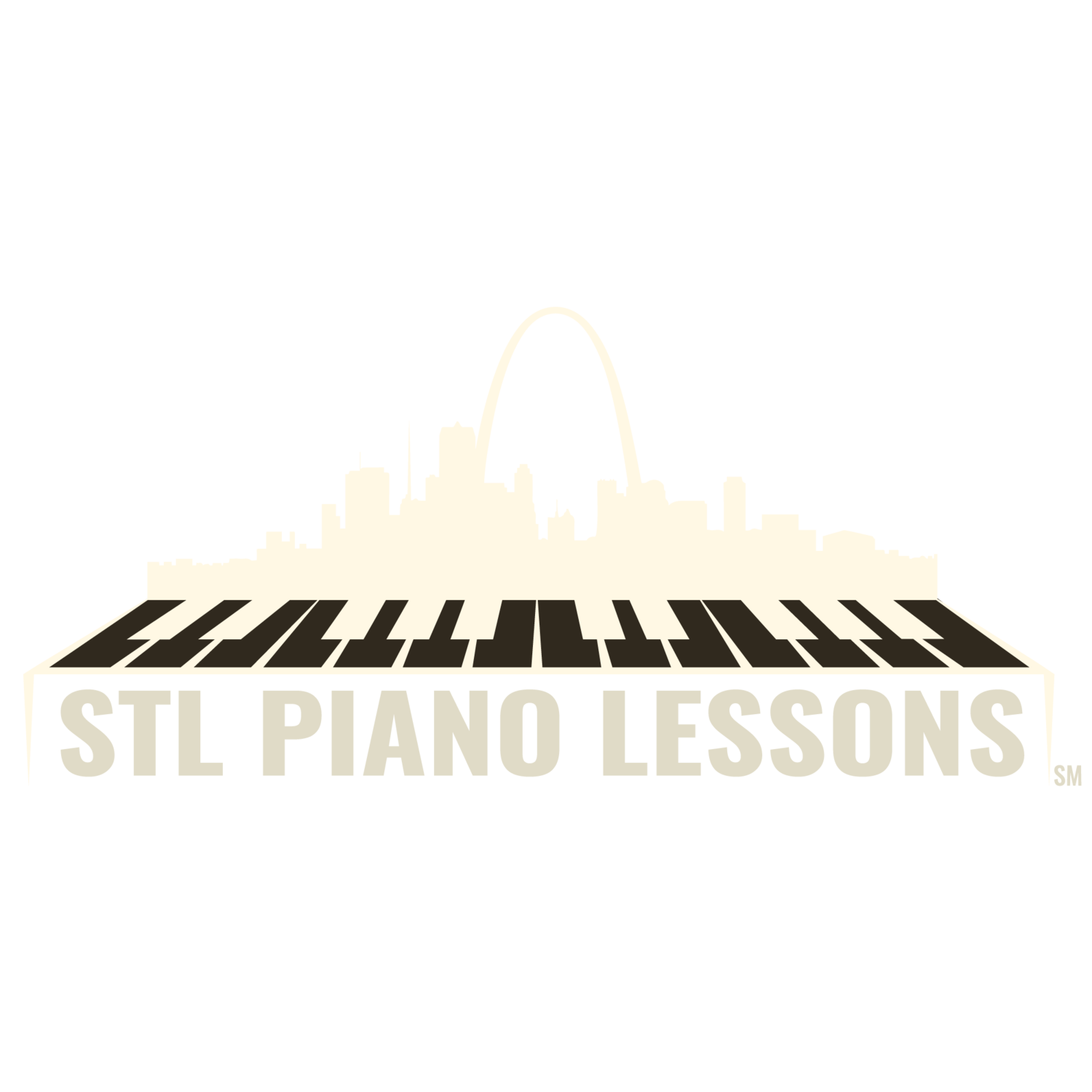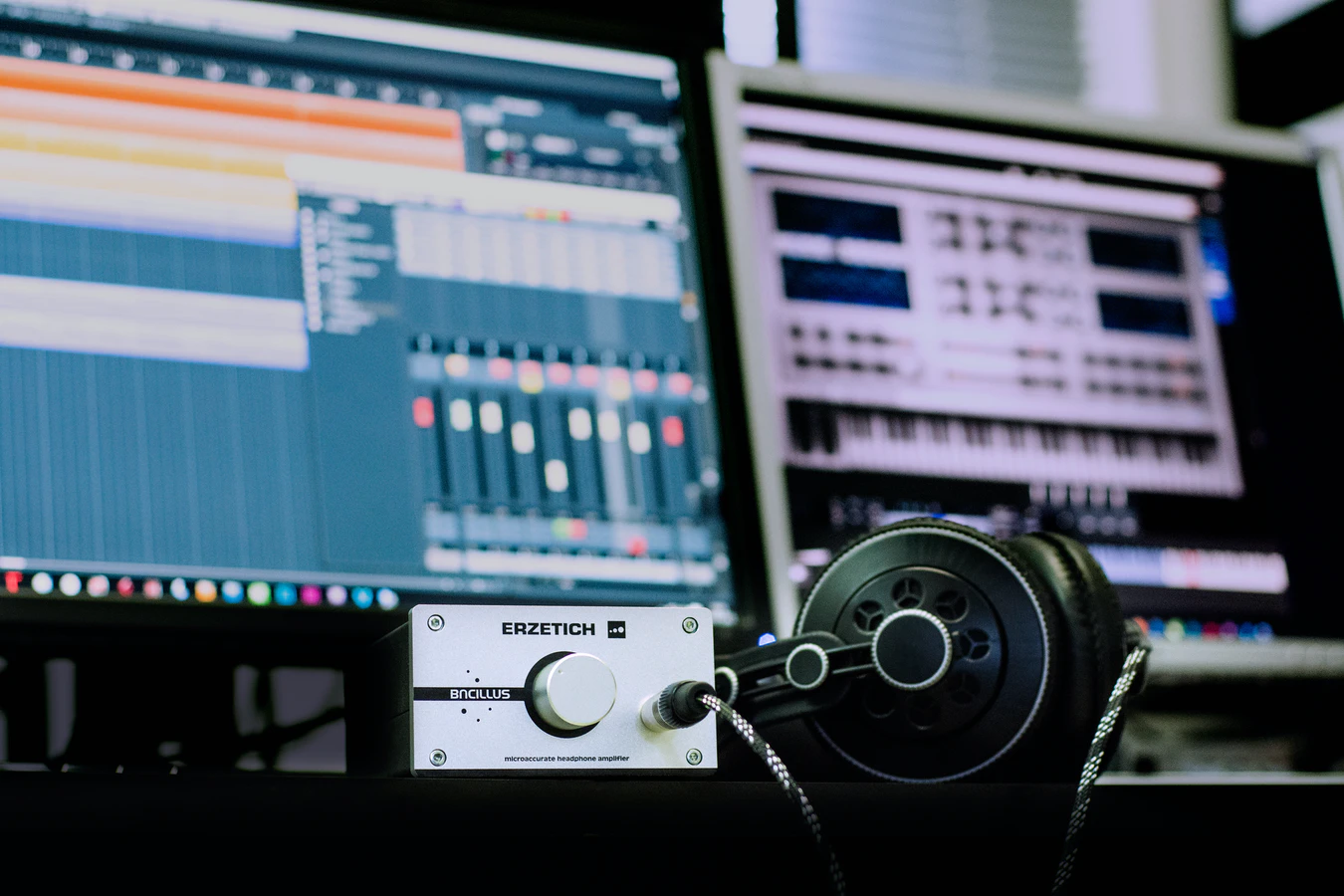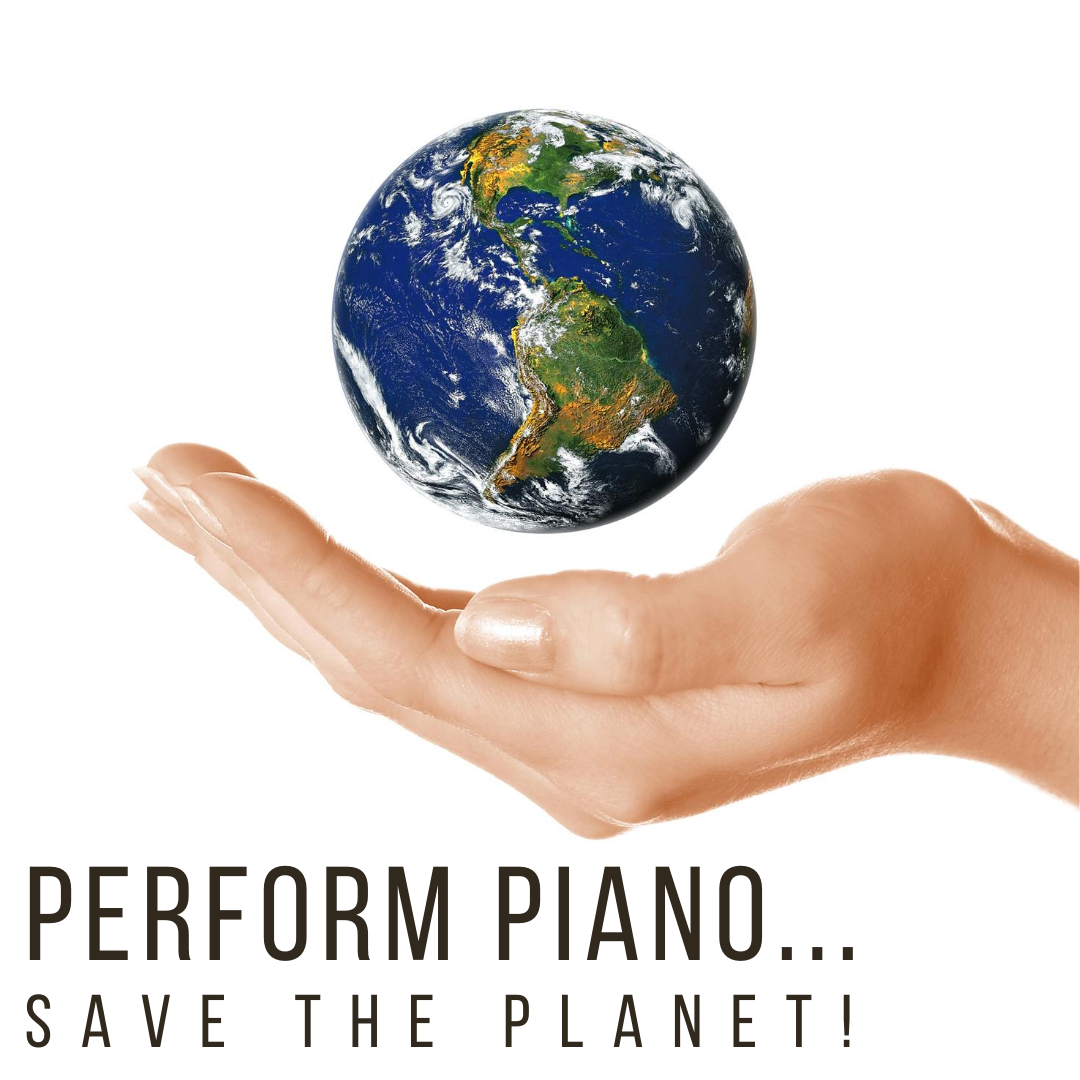Over the years, I have had many conversations with piano students, young and old. It has been really interesting to learn about people’s fears and expectations out of life.
I have talked to many adults who truly believe that it is too late to learn anything new. They think they are stuck in their ways and it’s too late for them.
But then there is a second kind of adult. The one who wants more.
Here is a little known fact about us here at STL Piano Lessons…
We actually have more adult students than we do kid students.
And don’t get me wrong, we love our kids. But there are a lot of adults out there who want more out of life. And we get to see them doing just that every day. They choose to turn their dreams into reality. To take action and pursue the things they have always loved. It’s truly inspiring to see.
And yet, there are many who get stuck in fear. They are curious but still afraid. And the first question they always ask me is…
Am I too old to take piano lessons?
When we think of piano lessons, we think of kids and that’s fair. It’s what you do when you are a kid. You go to school, you ride your bike and you take piano lessons. Those are the quintessential elements of a positive childhood.
But why does it have to stop at childhood? Why can’t we continue to grow and learn as we get older? Well, we can. We all can. And although many adults get paralyzed with fear, there are those who push through to the other side.
There are actually 3 types of adults who seem to push through.
Type #1: These are adults in their early twenties. They just got out of college and got a real job. Suddenly they don’t have to go to school anymore and they find they have some free time. They also have a real job now with some disposable income. And now that they have some time and money, it’s time to take some piano lessons.
Type #2: This is the thirty-something dude (or dudette) who has a corporate job. He makes a good living, has a good life, but his party days are winding down. He is starting to realize that he is getting older and he wants to do something to better himself. He is looking for self-improvement or at the very least a fun hobby. Why not take piano lessons?
Type #3: The retiree. We actually get a lot of students who are recently retired. They find they finally have the free time they have always wanted to pursue things that are important to them. Many times they have been a lifelong fan of music but were so caught up with their jobs and raising a family, that they had no time to pursue it. Once they retire and the kids are out of the house, they finally have the time to pursue their passions. Time to finally pursue the piano.
The one thing that most adults have in common
No matter which type they are, most adult students have one thing in common.
They all took lessons when they were a kid and quit way too early.
Their parents made them take lessons and they hung in for a few years, but eventually, they quit to pursue other things. They got bored or distracted, as kids tend to do, and they never came back to the piano.
Most adult students say they wish they never quit taking lessons. Some of them say that it is one of the biggest regrets of their life. I have had this conversation time and time again.
I guess I tell you all this for two reasons.
If you have kids, make them take piano lessons.
Make your kids take piano lessons. And make them stick to it for a while. Kids will whine and complain, they will want to quit, they will want to try other things. But I guarantee you, when they grow up, they will regret quitting. They will wish they had stuck it out. One of the best gifts you can give your kids is the gift of music. I promise, they will thank you for it one day.
The second reason I tell you all this is if any of these adult types sound like you, it is not too late to take piano lessons. It is never too late to learn something new. Matter of fact, taking piano lessons as an adult is such a rewarding experience. When you are an adult, you are there because you want to be not because you have to be. Suddenly, learning the piano becomes fun and exciting. It is a totally different experience as an adult.
Your goals change too as an adult. Suddenly, just being able to sit down and play a few songs on the piano sounds like an amazing way to spend an evening. And it is.
Whether you have taken lessons before or not, that goal is not as far away as you think. You have all that it takes to get there. All you have to do is get started.
It’s never too late
It’s so easy to think about doing something. To dream and say “that would be really cool.” But it’s a whole other thing to do it. And once you decide to take action, your whole world changes. Life opens up. Hope comes alive and you see a whole new world of possibility for yourself.
You are never too old to take piano lessons. If you are breathing, you need to keep pushing yourself to do new things. A whole world is waiting for you if you are just willing to push on through to the other side.
Which adult are you? Are you paralyzed by fear or are you willing to take some action? No matter which one you are, we would love to talk to you about it. And when you are ready, so are we.









